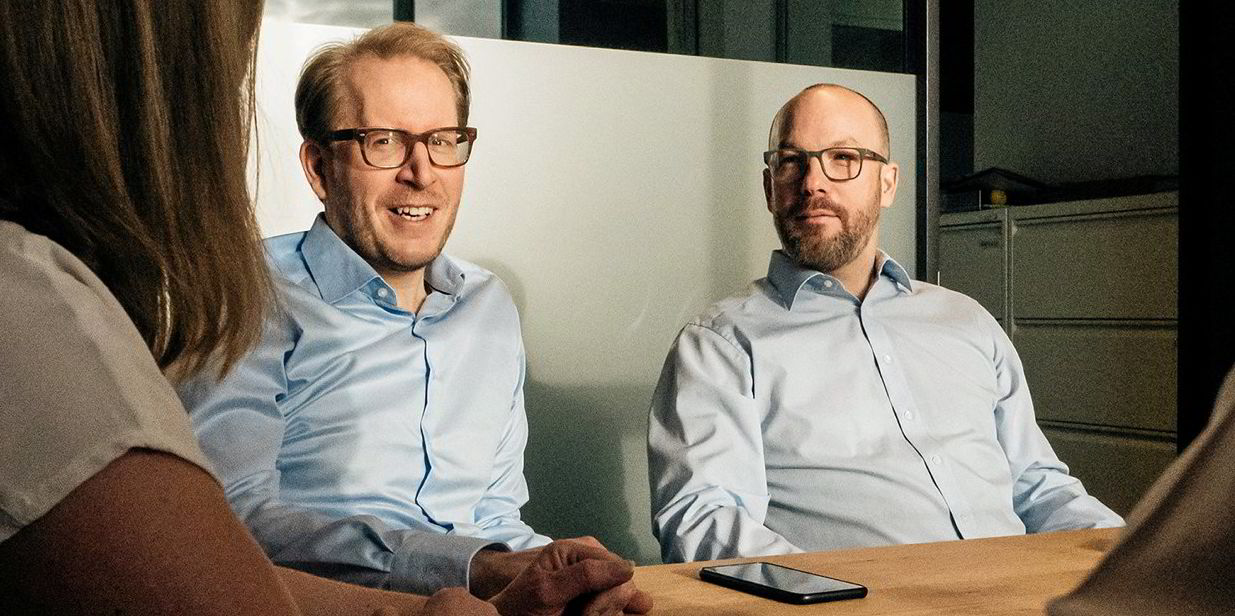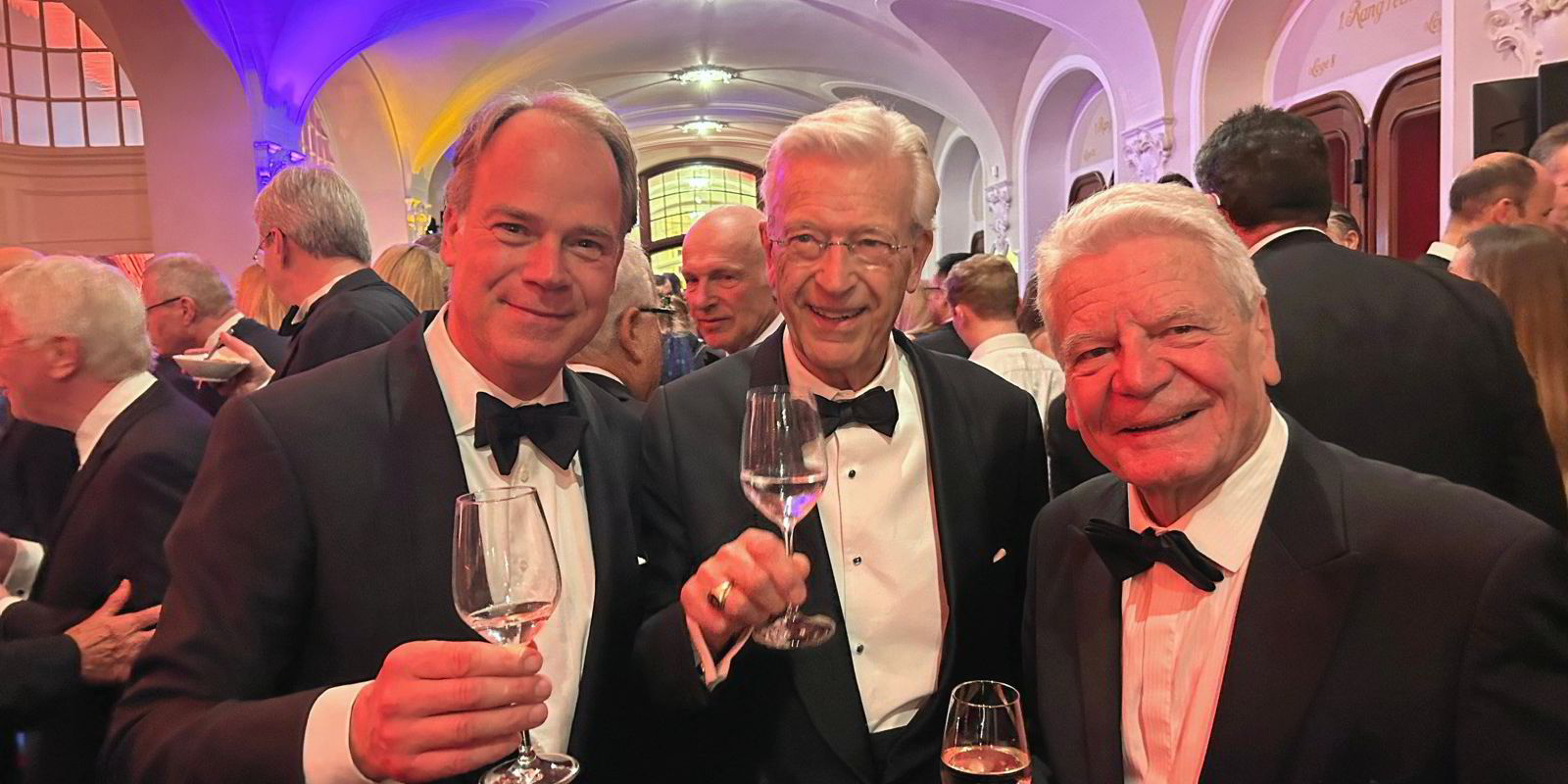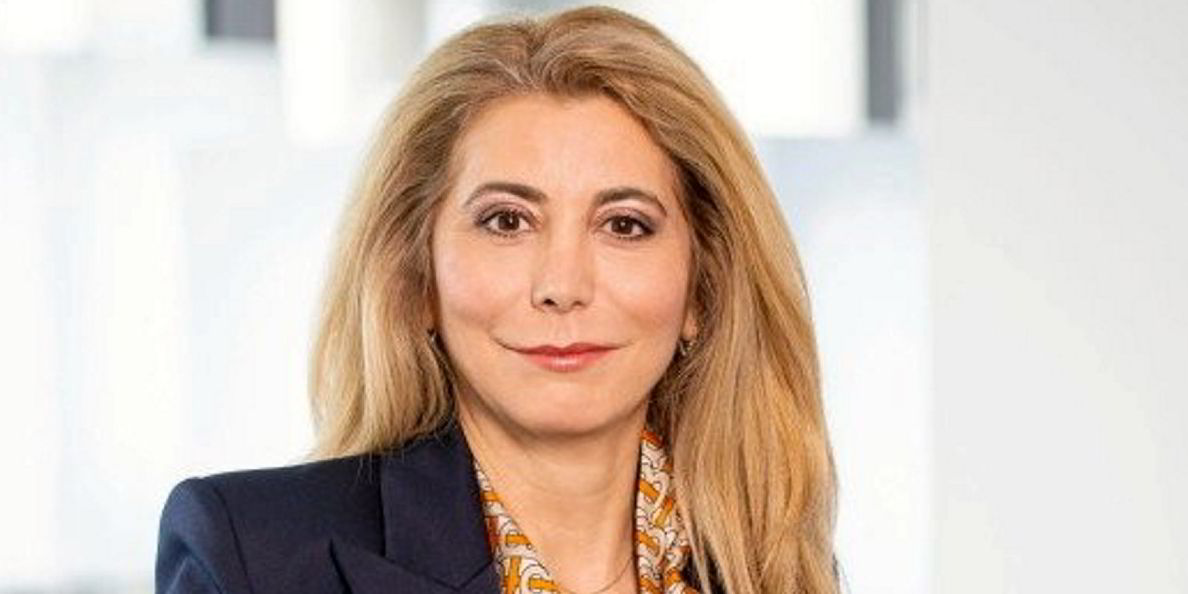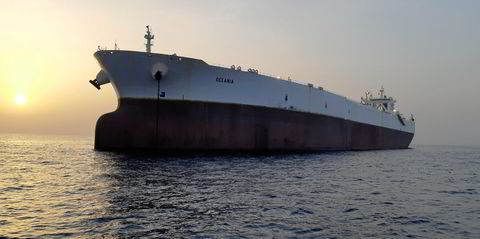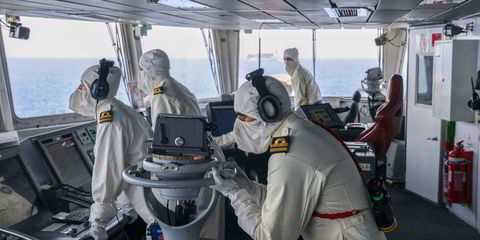HMC Hamburg Maritime Chartering has been one of the busiest German small tanker brokers for the past 15 years.
The company handled about 500 fixtures last year alone.
That was down from a record of 700 fixtures in 2021. However, the drop in volumes has been compensated for by rising charter rates.
“If you didn’t make money in 2022 and 2023 as a [tanker] broker, you definitely have to change your profession, right?” co-founder and managing director Oliver Medri said.
“Because that is probably the most golden year in at least the last 30 years in this segment.”
The success of recent years leaves the Hamburg broker in a position to consider its next move.
The question facing HMC at this juncture is whether to continue on the same trajectory or to team up with partners for greater impact.
Medri concedes that both approaches have been under consideration.
“We’re okay to move forward the way it is. Everything’s fine,” he said.
“But at some point you also [look to] reach like a bit of a critical size.
“If you snooze, you lose,” Medri said. “So even if you’re in a comfortable situation and you say: ‘I’m really happy with what we do right now’, you already have to prepare for the next step where you will lose out on something.”
HMC’s success in recent years has not been lost on other broking shops.
Shipbroking titans Clarksons and Braemar have made offers to take over the company, all of which were ultimately turned down.
“That was for different reasons, rather than us not doing it,” Medri said.
“We think consolidation in Hamburg is very important.
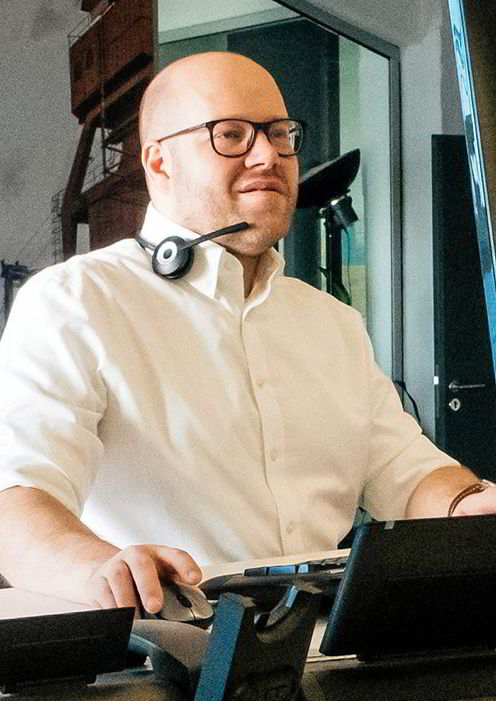
“But the problem is that we don’t have the cash flow, for example, to do that because we don’t have a big company [backing us].”
Repositioning
HMC was established in 2013 following a management buyout involving Medri, fellow co-founder and managing director Jan Heinze and their associate shipbroker, Maximilian zur Verth.
The trio took over then HTC Hamburg Tankers Chartering, a company formed six years earlier with Barcelona-based broking house Iberica Tanker Chartering.
Since then, the broker has grown to a team of eight professionals, managing accounts for industry giants such as oil majors Shell, BP, TotalEnergies and Phillips 66.
Their focus has been primarily on brokering small tankers ranging from 500 dwt to 30,000 dwt.
“Admittedly, our journey wasn’t without its challenges. With none of us having prior brokering experience, we embarked on a steep learning curve, teaching ourselves the tricks of the trade from scratch,” Medri said.
Over time the team acquired experience in feedstocks and biofuels.
That has helped as HMC has rebuilt its client base following the disruption caused by the war in Ukraine.
The sanctions on Russian businesses led to a decline in business from Lukoil’s Swiss trading unit, Litasco, which had been HMC’s largest customer for many years.
In a good year, 250 ships might have been Litasco fixtures, excluding those Russian contracts held by Shell.
The loss of that business was offset by acquiring new business across various sectors including chemical trades, clean and dirty petroleum products, as well as biofuels and vegetable oils.
“We managed to compensate a lot of volume by new customers,” Medri said.
That includes the likes of Phillips 66, Clearlake Shipping and Trafigura, which have seen the company build its customer base from about 12 to 20 clients.
